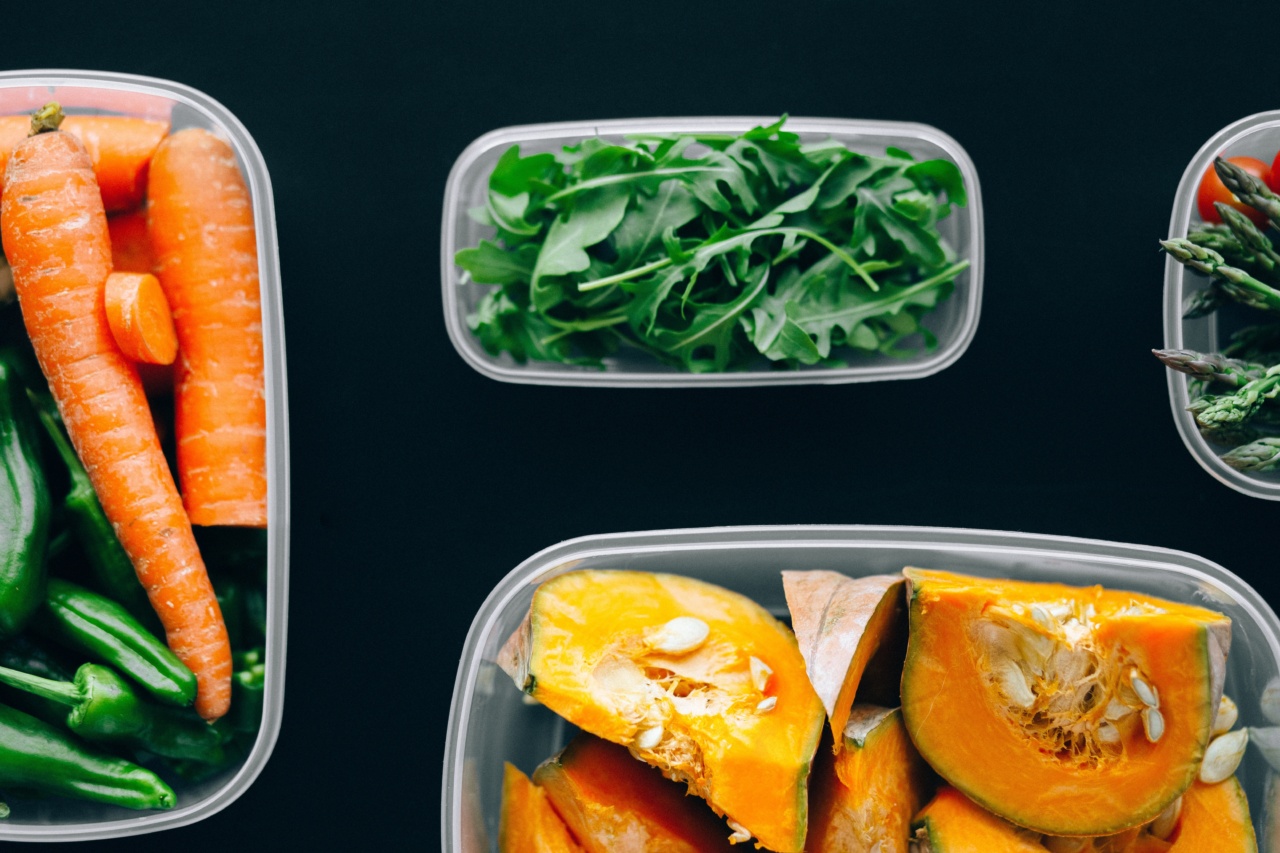Eating a well-balanced diet that includes a variety of nutritious foods is vital for good health and overall well-being. But with so many different food options and fad diets, it can be challenging to know where to start.
In this article, we will go over the ABCs of nutritious foods and provide you with some excellent options to help you achieve optimal health and maintain it for years to come.
Vitamins A, B, and C
Vitamins are essential for maintaining proper bodily function, and there are several critical vitamins that you should make sure to include in your diet. Vitamins A, B, and C are a great place to start.
Vitamin A Foods
Vitamin A is a fat-soluble vitamin that plays a crucial role in maintaining healthy skin, vision, and immune function. Good sources of vitamin A include:.
- Sweet potatoes
- Carrots
- Broccoli
- Spinach
- Pumpkin
Vitamin B Foods
There are several different types of vitamin B, including B1, B2, B3, B5, B6, B7, B9, and B12. These vitamins help our bodies convert food into energy, maintain healthy skin and hair, and produce red blood cells. Foods high in vitamin B include:.
- Whole grains
- Leafy greens
- Lentils and beans
- Poultry and fish
- Meat and eggs
Vitamin C Foods
Vitamin C is a powerful antioxidant that plays essential roles in wound healing, immune function, and collagen production. Good sources of vitamin C include:.
- Citrus fruits (oranges, lemons, limes)
- Strawberries
- Broccoli
- Brussels sprouts
- Red peppers
Protein
Protein is a macronutrient that is essential for building and repairing tissues throughout the body. It is also crucial for maintaining healthy skin, hair, and nails. Good sources of protein include:.
- Lean meats (chicken, turkey, beef)
- Fish and seafood (salmon, tuna, shrimp)
- Eggs
- Lentils and beans
- Nuts and seeds (almonds, chia seeds, pumpkin seeds)
Fiber
Fiber is an essential nutrient that helps keep our digestive system healthy and regulates blood sugar levels. Foods high in fiber include:.
- Whole grains (brown rice, quinoa, oats)
- Fruits (apples, berries, pears)
- Veggies (sweet potatoes, carrots, broccoli)
- Legumes (lentils, beans, peas)
Healthy Fats
Contrary to popular belief, not all fats are bad for you. In fact, some fats are essential for the proper functioning of your body. Good sources of healthy fats include:.
- Avocados
- Olives and olive oil
- Nuts and seeds (walnuts, almonds, flaxseeds)
- Fatty fish (salmon, tuna, sardines)
Water
Lastly, it is essential to consume enough water to maintain proper bodily function. Water regulates body temperature, helps with the transport of nutrients throughout the body, and assists in removing waste products.
Aim to drink at least eight glasses of water per day.
Conclusion
In conclusion, a well-balanced diet that includes a variety of nutritious foods can provide you with the essential nutrients your body needs to maintain optimal health.
Remember to include a variety of vitamins, protein, fiber, healthy fats, and water in your diet to ensure you are getting all the nutrients your body needs. With the proper nutrition, you can live a long, healthy life full of vitality and energy.






























